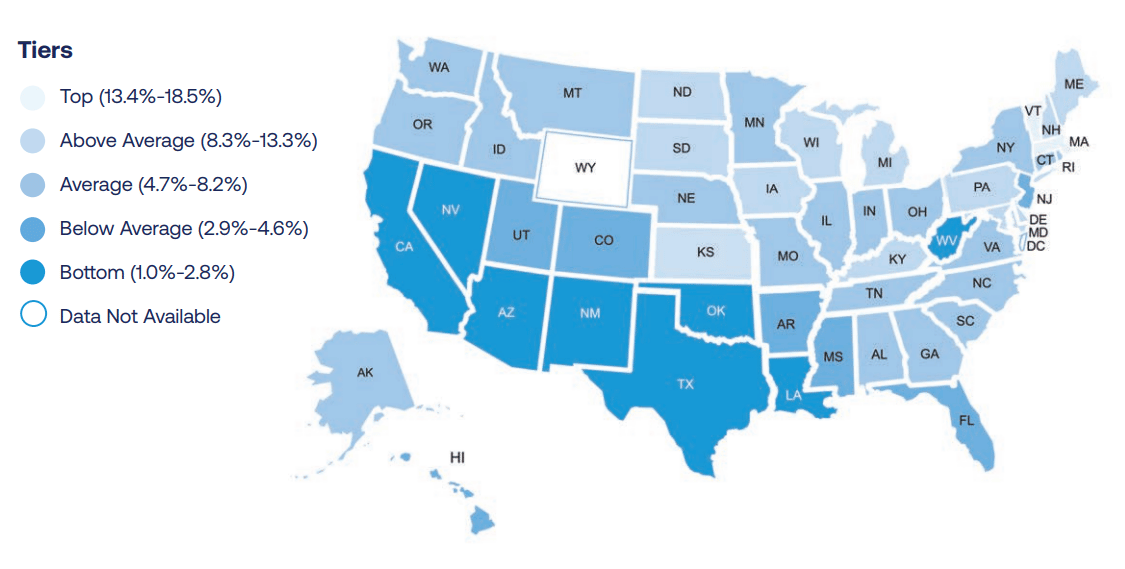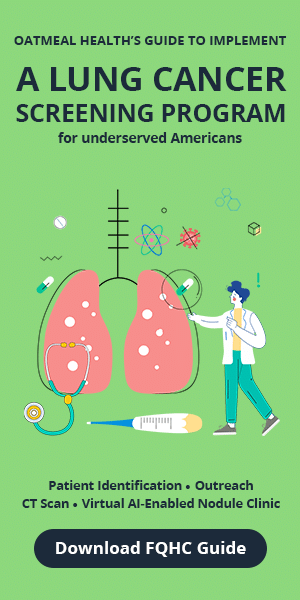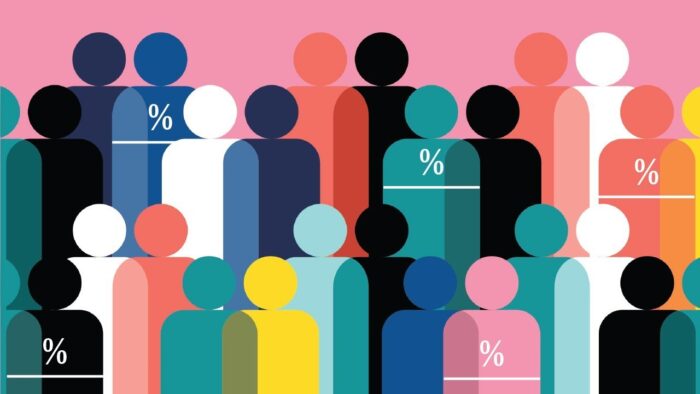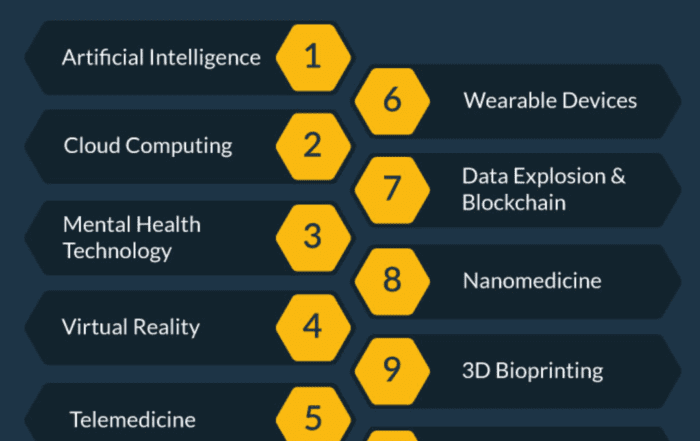Share this article and save a life!
Every lung cancer screening system is perfectly designed for the results it achieves. Good or Bad.
What if you don’t have a system?
Per the team at the Medical University of South Carolina, a centralized approach to LCS is the way to go: “Emerging data suggest that annual adherence is poor and that a centralized approach to screening improves adherence.
[Within their study] Overall adherence was 56%; however, adherence in the centralized program was 70%, compared with 41% with the decentralized approach (P < .001).” Pubmed link: https://lnkd.in/g9StVnKR
A centralized approach has another critical benefit per Anil Vachani and the team at Penn Medicine, University of Pennsylvania Health System.
They share that we can begin to address equity with a centralized approach to lung cancer screening.
Black patients were less likely to receive annual LCS compared to White patients at decentralized compared to centralized LCS programs.
Pubmed link: https://lnkd.in/gJw6PGpB
Average % of patients that are screened for lung cancer
The national average for screening sits at around 4% percent while breast for example is at 70%. While 70% is much better, it’s still not 100%. Sites like Penn and MUSC are above the national average and we can learn from their early successes but OatmealHealth’s goal is to improve all image-based screenings, starting with lung, and get to as close to 100% as possible using a combination of machine learning, computer vision, and human kindness.
The reason why we are failing is simple, there is not enough time
At some point, it won’t be realistic to expect primary care providers to do ‘one more thing.’ due to limited time in their already packed schedule, as noted in an article Jonathan Govette wrote called “The Battle Between Primary Care and Time: The Doctors are Losing”. For us to change anything we need to look outside the four walls of our FQHCs and Hospitals and ask for help from those equipped to properly manage screenings, if we do not, our patients will suffer and costs will continue to rise.
What about the states that are blue on this map with the most work to do?
Oatmeal Health is working on it. Please send Jonathan Govette or Ty Vachon M.D. a note if you’d like to learn more.
Link to the comprehensive map shown above: American Lung Association – https://lnkd.in/g8UcaKHK
#primarycare #radiology #lungcancerscreening #LCS #FQHC #leadership #medicaid #medicare #hedis NCQA
Share this article and save a life!
Author:
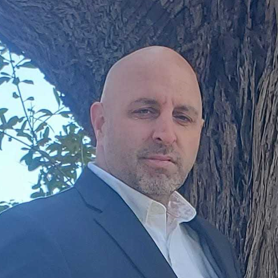
Jonathan is a seasoned executive with a proven track record in founding and scaling digital health and technology companies. He co-founded Oatmeal Health, a tech-enabled Cancer Screening as a Service for Underrepresented patients of FQHCs and health plans, starting with lung cancer. With a strong background in engineering, partnerships, and product development, Jonathan is recognized as a leader in the industry.
Govette has dedicated his professional life to enhancing the well-being of marginalized populations. To achieve this, he has established frameworks for initiatives aimed at promoting health equity among underprivileged communities.
